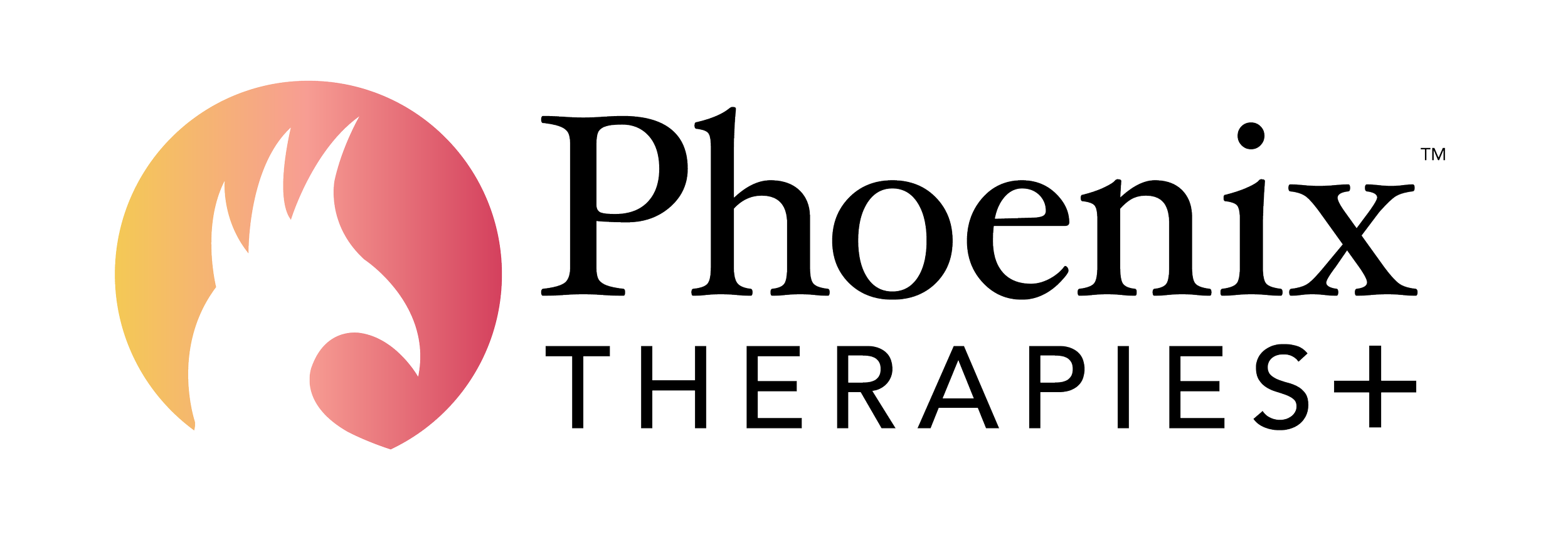Speech Therapy for Children:
Speech therapy targets speech sound production, expressive vocabulary, and understanding spoken and written language. Our pediatric speech program specializes in early intervention, which focuses on stimulating speech and language development in children at an early age. Our pediatric team is skilled at discovering the most optimal method of communication for your child to express their intended message, including the use of AAC devices (augmentative alternative communication), sign language, gestures, or verbal communication. Each child’s therapy is individualized to their unique needs and strengths to help them foster independence, confidence and overall well-being. Our goal is to help your child build communication skills that they will use every day.
Our pediatric speech language pathologists can help in a variety of ways, including:
speech articulation & phonology
Referred to as “speech sound disorders”, these pertain to any difficulty or combination of difficulties with perception, motor production, or phonological representation of speech sounds and speech segments. Articulation disorders focus on errors (e.g., distortions and substitutions) in production of individual speech sounds. Phonological disorders focus on predictable, rule-based errors (e.g., fronting, stopping, and final consonant deletion) that affect more than one sound.
Source: www.asha.org
receptive & expressive language
Late language emergence (e.g., late talkers, difficulty following directions) extending through school age, may present itself in an expressive or receptive way. Expressive language issues include difficulty putting sentences together or learning how to use correct syntactic forms. Receptive language issues include difficulty following directions at home and in the classroom, as well as understanding important concepts for academics.
reading & writing literacy
Children who have problems acquiring language are at high risk for difficulty in learning to read and write. A speech language pathologist’s knowledge of language and its subsystems—phonology, morphology, syntax, semantics, and pragmatics—is highly relevant for prevention, identification, assessment, and intervention for literacy problems.
AAc (augmentative alternative communication) Devices
Children who have difficulty conveying their message verbally may benefit from the use of an AAC device. Phoenix Therapies+ is in partnership with all of the major AAC device companies, which provides our team access to all of the latest technology, allows us to program the devices, and train your family on how to use the equipment.
social communication
Social communication is the use of language in social contexts, and includes the ability to vary speech style, take the perspective of others, and understand and appropriately use the rules for verbal and nonverbal communication. Examples include understanding and executing social cues, and recognizing personal space.


